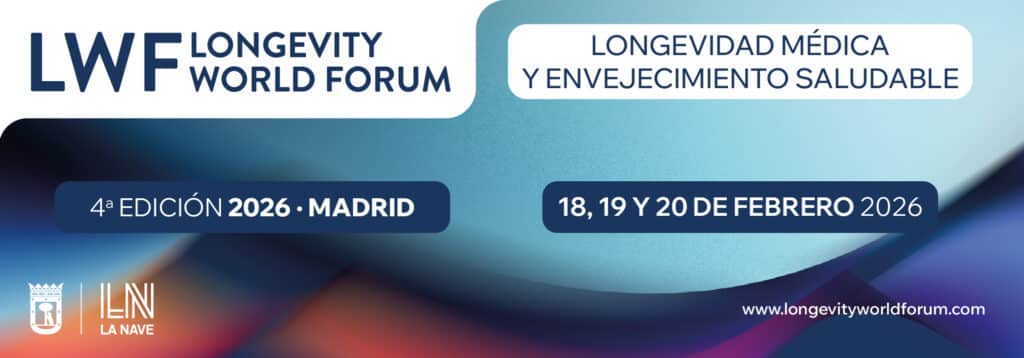At a time when technology and science are advancing at a dizzying pace, health management is also becoming a driver of social and economic transformation. Diabetes, one of the most prevalent chronic diseases of the 21st century, is undergoing a true revolution thanks to medical innovation, digitalisation and a new person-centred vision.
This is the opinion of Dr. Antonio Pérez Pérez, president of the Spanish Diabetes Society Foundation (FSED), who stresses that “we are at a particularly important time for innovation in diabetes”. Advances in early diagnosis, continuous monitoring, personalised therapies and digitisation of clinical follow-up are not only transforming medical practice, but also the way patients relate to their health and well-being.
However, the challenge is not only technological, but also social: ensuring that innovation reaches all people equitably. For Dr Pérez, it is necessary to build a sustainable, efficient and truly patient-centred care model.
Health, technology and human sustainability
Digital health is now a reality. Glucose sensors, mobile apps and remote monitoring platforms are enabling patients to take a more active role in their self-care. In this sense, the expansion of access to continuous monitoring systems for people with type 2 diabetes is a breakthrough that will directly impact quality of life and the prevention of long-term complications.
But innovation goes beyond technology. The Spanish Diabetes Federation (FEDE) is working with the Spanish Ministry of Health on an Patients' Associations Act, which will enable patient groups to participate in the design of public health policies. A measure that, in addition to empowering people, improves the efficiency of the health system and reinforces social co-responsibility.
Prevention is investment
Prevention and healthy lifestyles are at the heart of a new vision of health. The National Strategic Plan for Childhood Obesity Reduction (2022-2030), known as PENROI, aims precisely to intervene at an early age to slow the advance of type 2 diabetes, which is linked to overweight and sedentary lifestyles.
As Dr Francisco Javier Ampudia-Blasco, president of the Spanish Diabetes Society, stresses, “preventing and treating obesity at all ages is one of the great challenges of this century”. And not only for medical reasons, but also for economic ones: every point of improvement in population health translates into productivity, well-being and savings in health spending.
Innovate to humanise
Beyond biotechnology and artificial intelligence, the real innovation lies in rethinking the care modelThe main objectives of this programme are: integrating therapeutic education into health care, improving the interoperability of information systems and ensuring personalised, continuous and empathetic care.
The experts also call for increased investment in translational research, which connects laboratory discoveries with clinical practice, and for the training of professionals specialised in education and emotional support.
A cultural change
Finally, the role of the patient has changed. More and more people with diabetes are involved in making decisions about their treatment and advocating for their rights. This change in mindset marks a new era in the relationship between health and lifestyle: healthy living is no longer just a matter of not getting sick, but of building wellness, balance and longevity..
As Dr. Pérez concludes, “co-responsibility between professionals, institutions and patients is the basis of a more humane, efficient and sustainable system”. A model that, beyond the medical sphere, reflects the direction the new paradigm of the wellness and human sustainability: towards a future where technology, empathy and prevention go hand in hand.






